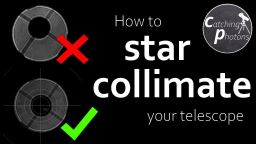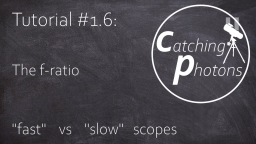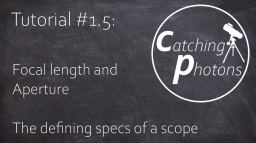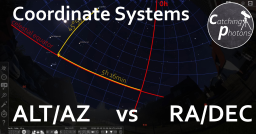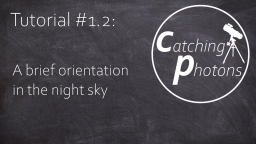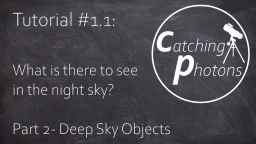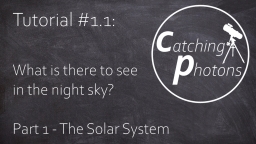Hey Leute!
VIELEN DANK für eure bisherigen Rückmeldungen! Es freut mich sehr, dass das Video auf Resonanz trifft.
(==>)Kallo66: <blockquote id="quote"><font size="1" face="Verdana, Arial, Helvetica" id="quote">Zitat:<hr height="1" noshade id="quote">.. und noch was:
Dir ist im Video ja schon aufgefallen, dass beim Justieren einer HS-Schraube, der Stern immer aus dem Bild wandert. Die Richtung, in der der Stern rauswandert, ist nicht nur zufällig immer auch die, in der der FS als Schatten im Kreis wandert. Das heißt: Man sieht so sofort, ob man in die passende Richtung justiert.<hr height="1" noshade id="quote"></blockquote id="quote"></font id="quote">
-> Das stimmt natürlich, dass hätte ich in das Video reinnehmen können. Guter Gedanke, hilfreicher Kniff.
(==>)ThWinterer & (==>)roszl: Haha  Ihr geht ab! Ich wollte ein Einsteiger-Video erstellen, das die Angst vor dem "wackeligen" Newton nimmt. Ich hoffe, ihr verzeiht mir die fehlende Detailtiefe zugunsten von mehr Einsteigerfreundlichkeit!
Ihr geht ab! Ich wollte ein Einsteiger-Video erstellen, das die Angst vor dem "wackeligen" Newton nimmt. Ich hoffe, ihr verzeiht mir die fehlende Detailtiefe zugunsten von mehr Einsteigerfreundlichkeit!
Liebe Grüße an alle und "clear skies"
Chris

